News
The war between Israel and Hamas
Expert: "Risk of two-front war - deliberate choice by the Israelis"
Joachim Kerpner
Published 22.09
Middle East expert Rouzbeh Parsi believes that the risk of a two-front war increased after Israel's attack in Lebanon:
- It is a choice that the Israelis make deliberately, he tells Aftonbladet.
Quick version
Middle East expert Rouzbeh Parsi believes that the risk of a two-front war has increased after Israel's attack in Lebanon, where a leader of Hamas, Saleh al-Arouri, is said to have been murdered.
According to Parsi, Israel's actions have increased the risk of an escalation, but Israel is aware of this and it appears to be a conscious choice on their part.
Tuesday's attack in Beirut, Lebanon, where senior Hamas leader Saleh al-Arouri was apparently assassinated by Israel, took place in the heartland of Shiite and Iran-backed Hizbollah.
Still, Rouzbeh Parsi, program director of the Middle East and North Africa Program at the Foreign Policy Institute, does not believe in an expansion of the war in the region: a two-front war in which Israel would fight both Hamas in Gaza and Hezbollah in Lebanon.
Although he sees a risk of escalation, Parsi believes that neither Hezbollah nor Iran want an extended war:
- Within the Israeli military establishment there are those who have propagated that the opportunity should be seized now and "deal with Hezbollah". They must have been reasonably aware that when they do this, the temperature on the Lebanese front rises. So in that respect, the risk of this leading to an escalation has increased. But then it is, at least as it looks now, a choice that the Israelis make deliberately. The explosion occurred in a building where Hamas has offices. A search was made for survivors in the destroyed building.
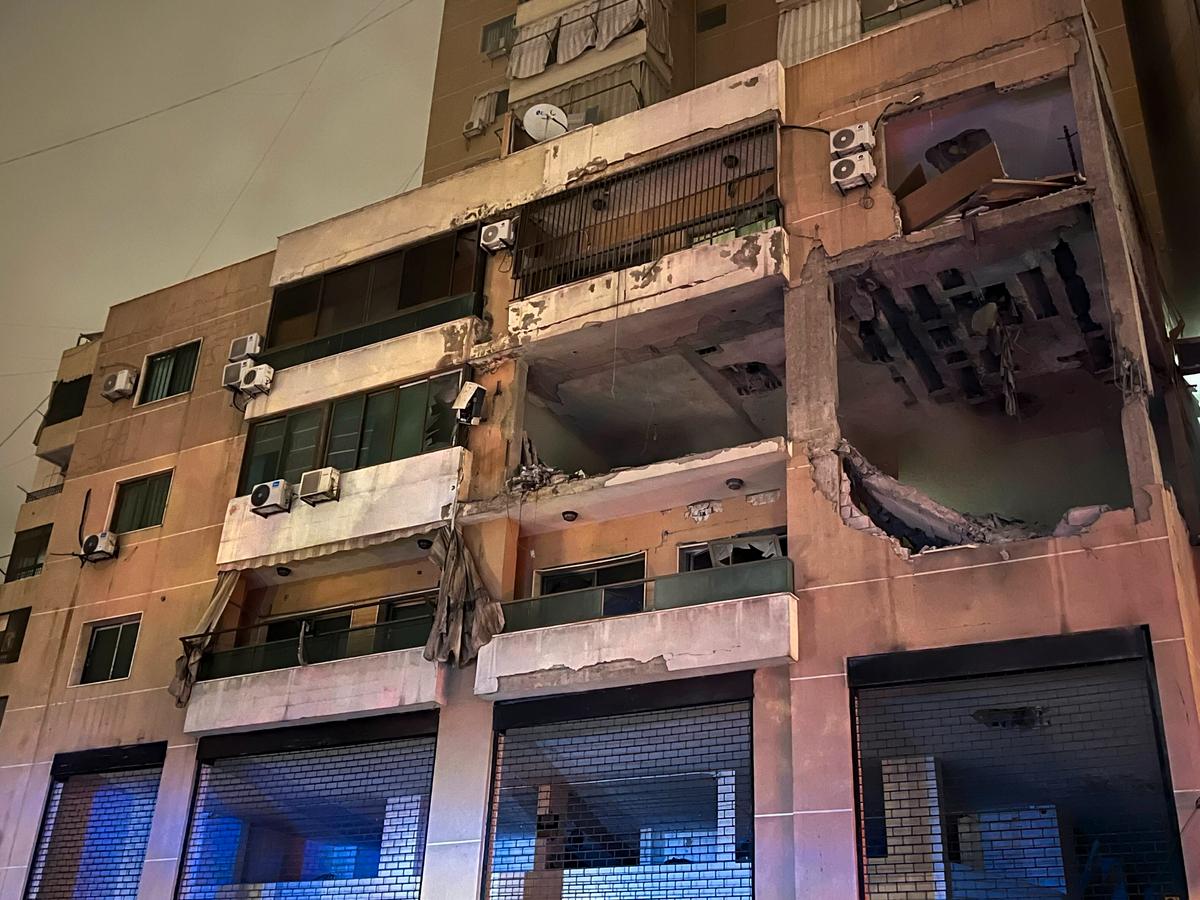
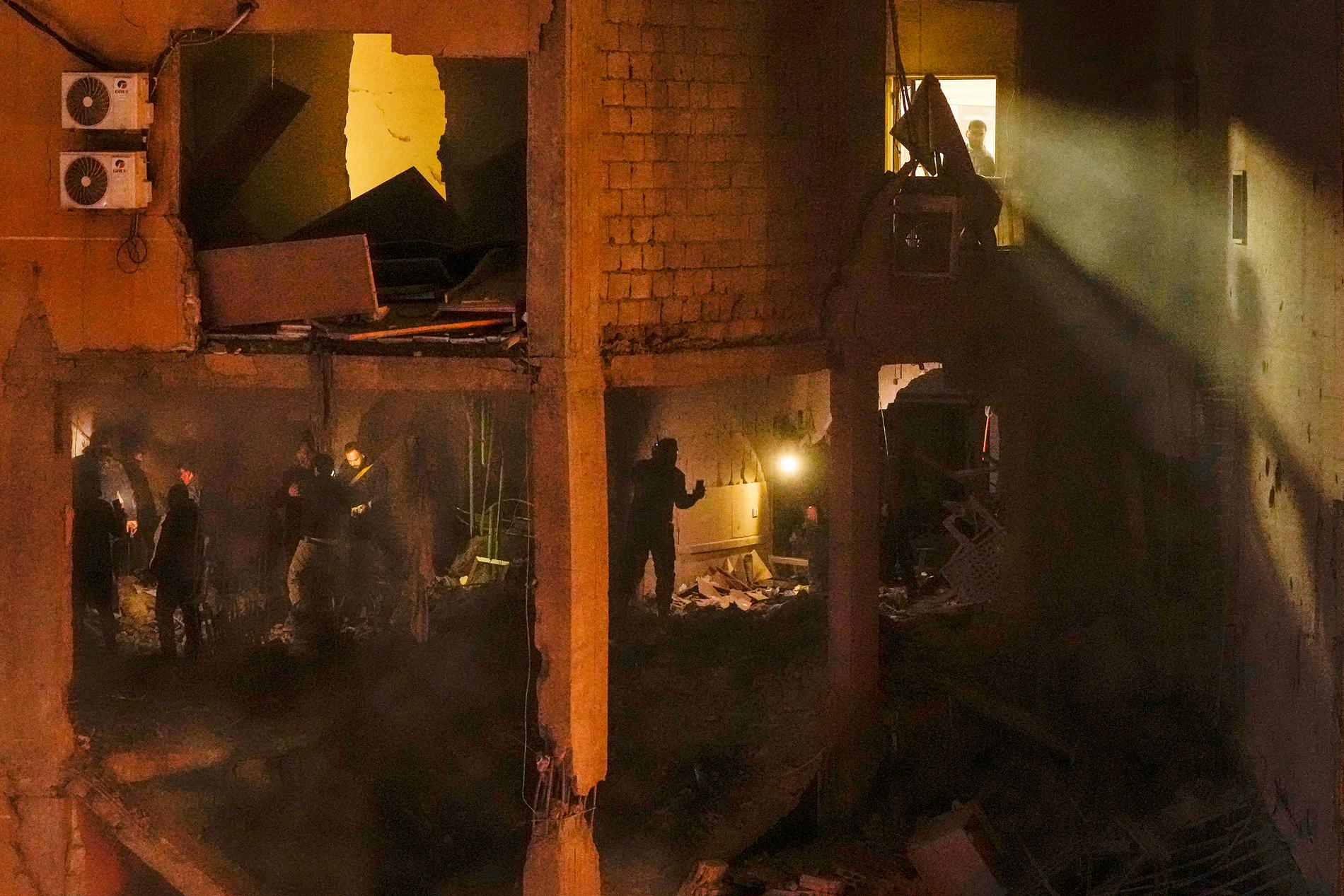
The explosion occurred in a building where Hamas has offices.
1 / 2Fhoto: Hussein Malla/AP
Hezbollah leader Hassan Nasrallah has previously said that the pain limit has been reached if Israel carries out an attack in Beirut and that it will lead to a "powerful reaction". What does that mean?
- The question is whether this is enough. Compared to what the Israelis are doing in Gaza, this was surgical: one floor of a high-rise. I don't think Hezbollah wants a war. It is quite possible that they will decide to reciprocate, but not in such an obvious way that the Israelis in turn feel compelled to reciprocate as well. Otherwise, they end up in that spiral that neither of them can really control.
Benjamin Netanyahu, for his part, has said that if Hezbollah opens a second front, Israel's response will be "unimaginable". Is he talking about deploying nuclear weapons?
- That's Bibi in a nutshell. He probably doesn't necessarily want such a war himself, because he knows that he won't be able to control the course of that war. At the same time, he does not want the situation to normalize. A normalization today would mean that the day after tomorrow, his and the government's actions will be scrutinized by a commission of inquiry, which will probably demand his resignation. He has a political and personal interest in this conflict not calming down too much.
Rouzbeh Parsi, program director at the Middle East and North Africa program at the Institute for Foreign Policy. Photo: Fredrik Sandberg/TT
What military strength does Hezbollah have? The group is said to have 130,000 grenades and robots and between 20,000 and 100,000 soldiers, many of whom have fought in the war in Syria.
- Hezbollah is definitely the most sophisticated military force that Israel has ever faced. What they can do offensively into Israel is precisely these robots and grenades. If they were to fire a lot of them at once, they have an opportunity to overwhelm the Israeli anti-robot defenses. But in that case it is basically a one-time event. They do it once, then a large part of the arsenal is gone. So it is rather something they would use as a last trump card, when it looks like Israel intends to carry out a full-scale invasion.
Iran created Hezbollah. What does Iran want in this situation?
- Iran has helped create Hezbollah, but Hezbollah is also very much a Lebanese organization. For Iran, Hezbollah is the shield that will deter Israel from any too serious attacks on Iran itself. The Israelis know that if they should, for example, start bombing Iran's nuclear program, then Hezbollah will provide the Iranian response. Hamas leader Saleh al-Arouri died during Tuesday's attack in Lebanon.
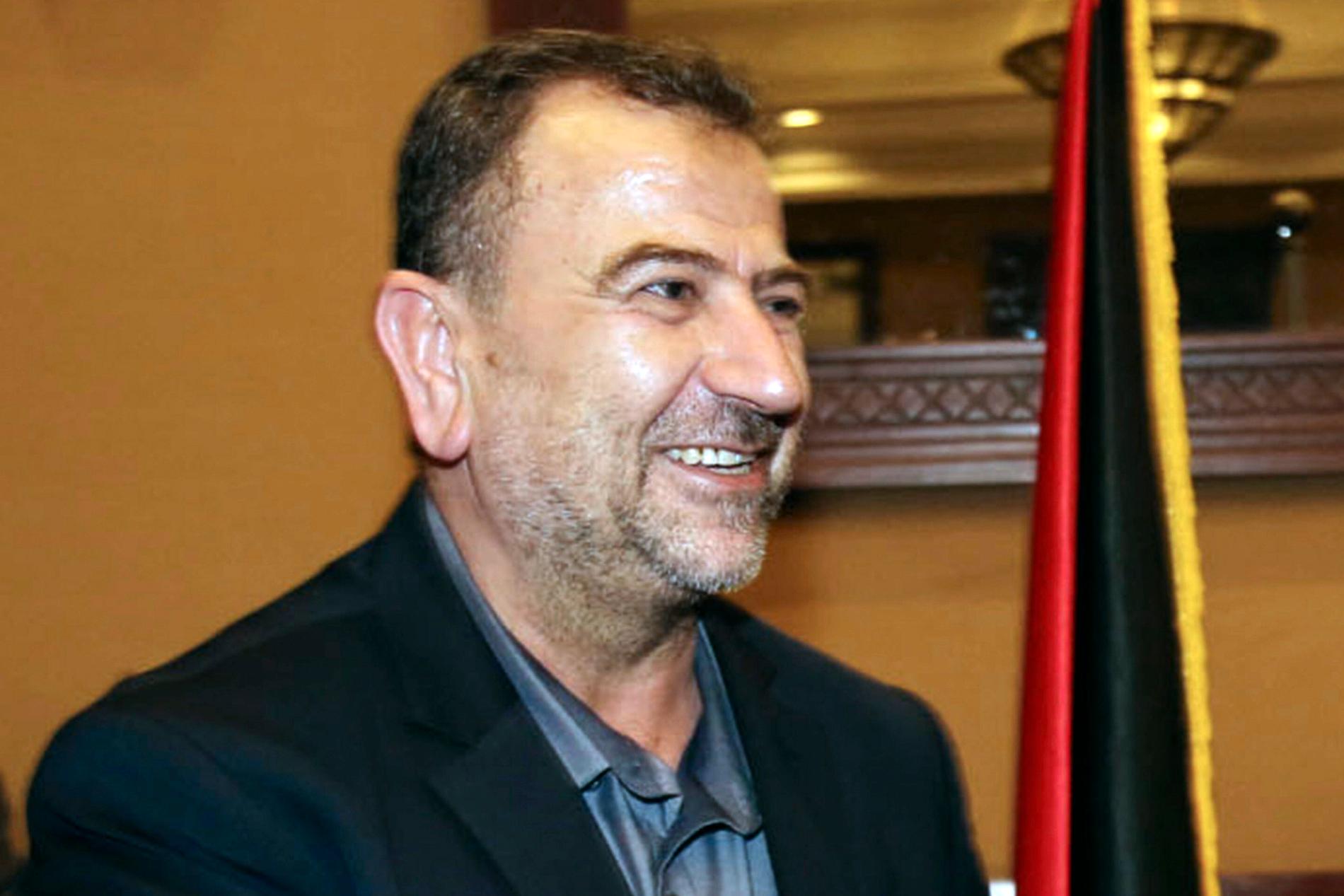
Hamas leader Saleh al-Arouri died during Tuesday's attack in Lebanon. Photo: Mohammad Austaz / AP
Destroyed buildings on in Gaza City. Photo: Mohammed Hajjar/AP
Does Iran want to drag Israel into a two-ett front war?
- No. They don't want a full scale war. But should Lebanon be subjected to something similar to an Israeli invasion aimed at destroying Hezbollah once and for all, then I think the Iranians will tell Hezbollah to fight hard.
Israeli Prime Minister Benjamin Netanyahu has previously said that if Hezbollah opens a second front, Israel's response will be "unimaginable". Photo: Ronen Zvulun / AP
What does the attack in Beirut mean for other Hamas leaders, who are among others in Qatar and Turkey? Can Israel kill them there?
- Israel has murdered political opponents for 60, 70 years. After October 7, all Hamas leaders know that their days are essentially numbered. It's more a matter of when the Israelis get their hands on them.
The murdered al-Arouri is said to have been a key player in the negotiations for the Hamas hostage, according to The Guardian. What does his murder mean for the hostage situation?
- It has been quite clear from parts of the political and military establishment in Israel that they do not prioritize getting the hostages released. And they must have been aware that when they kill one of those they are negotiating with, it won't be any easier to get rid of them, says Rouzbeh Parsi.
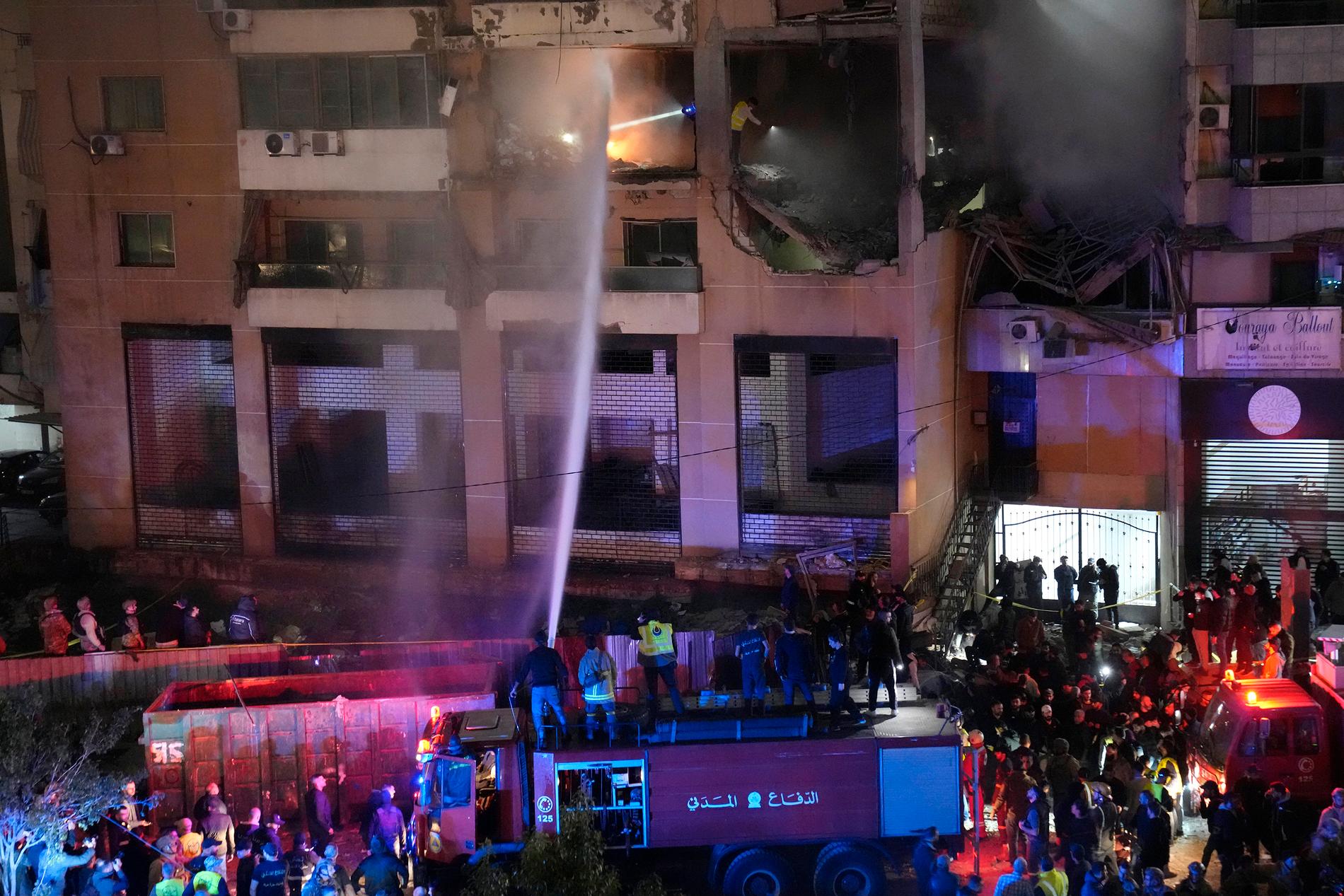



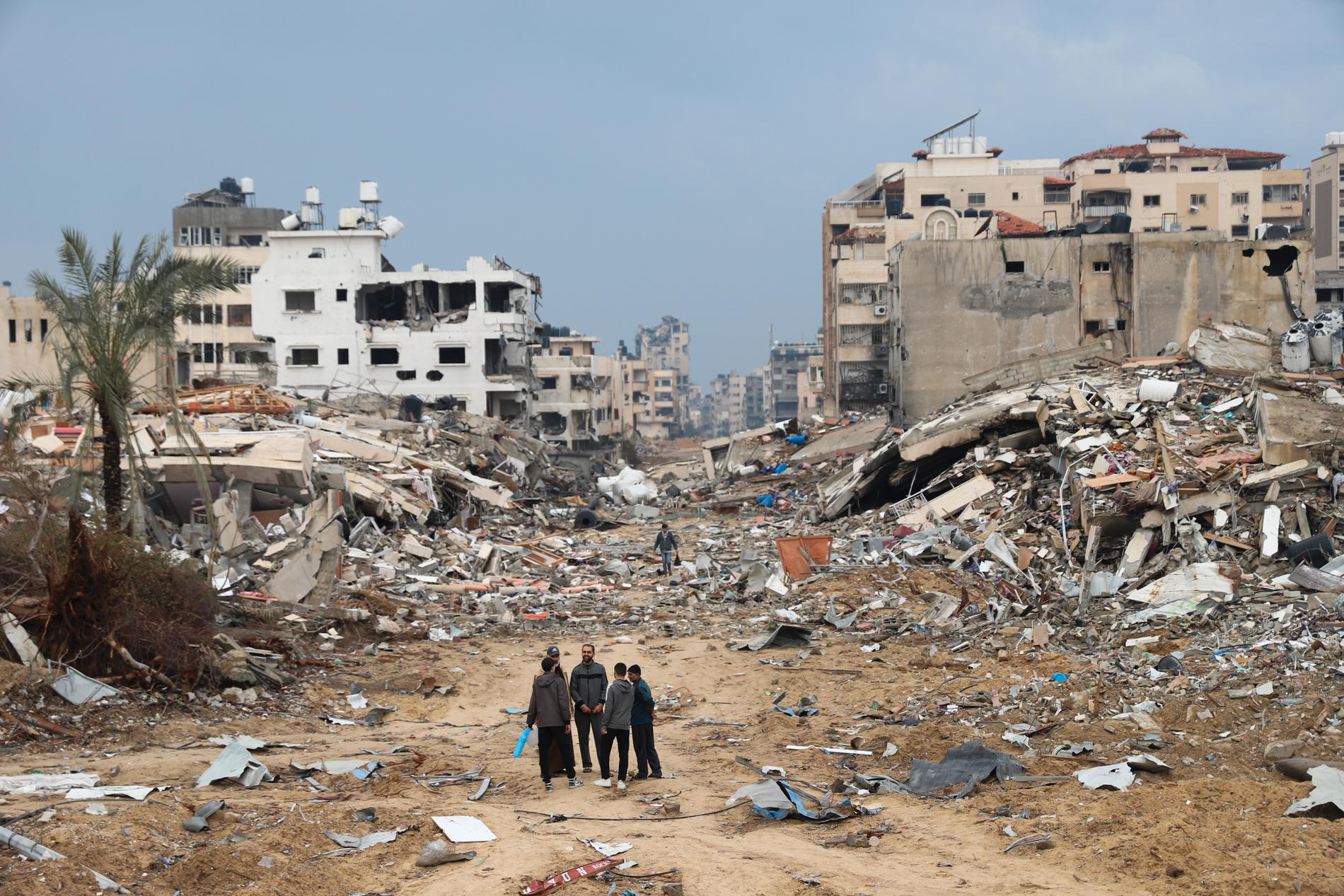
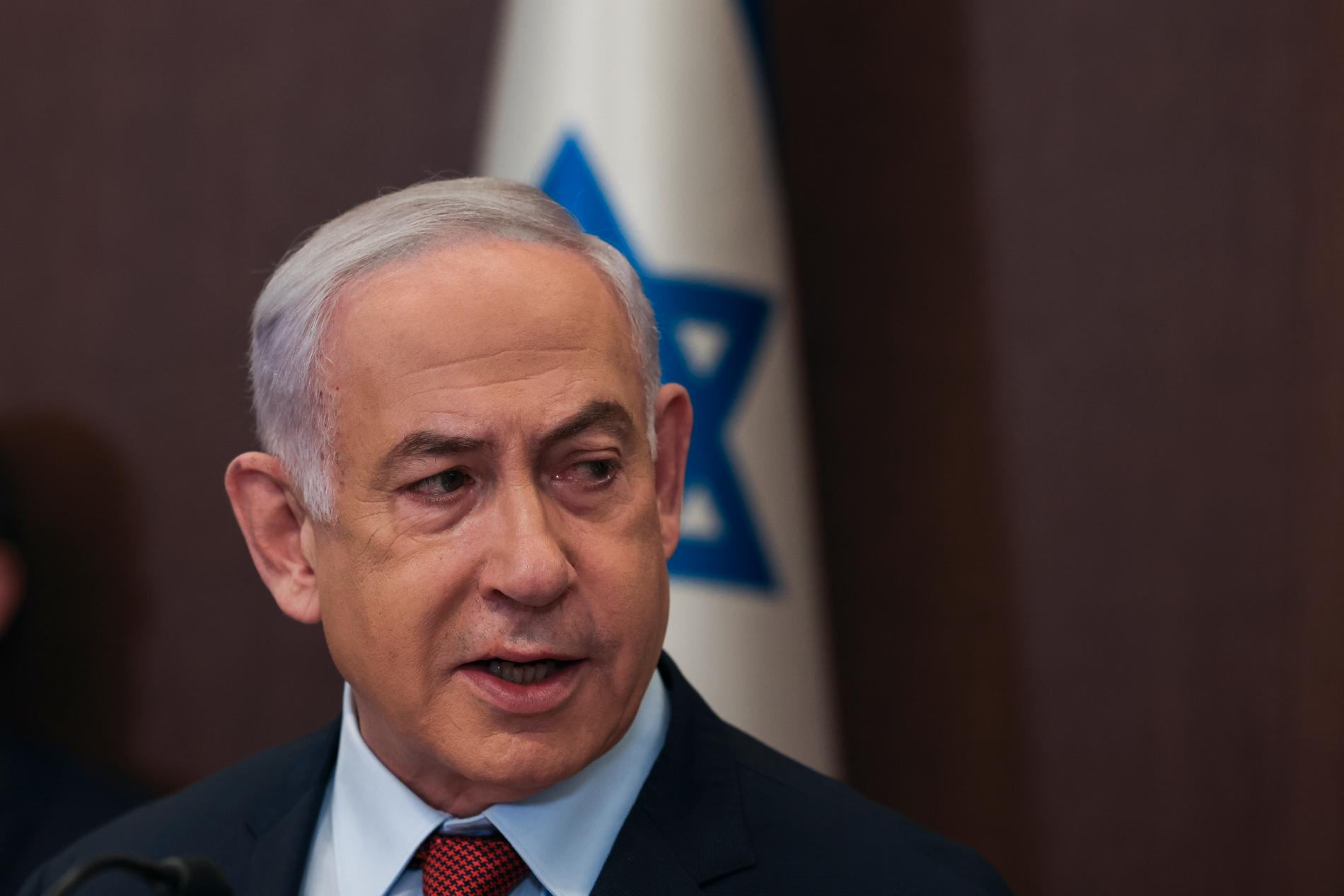
Inga kommentarer:
Skicka en kommentar